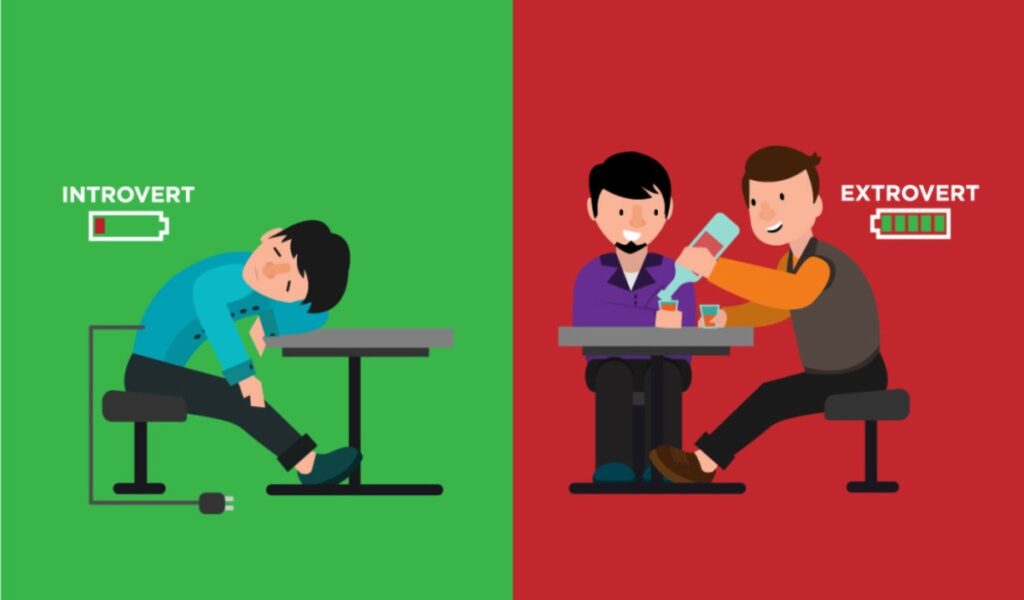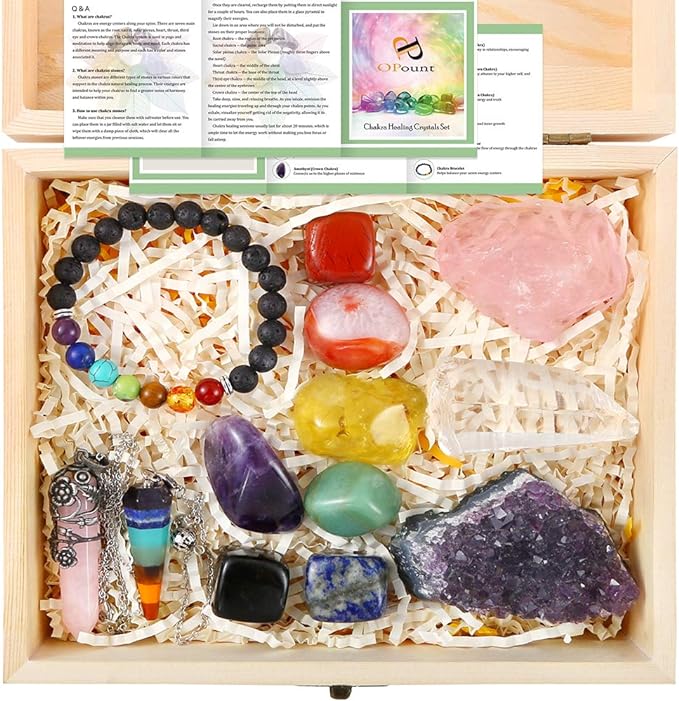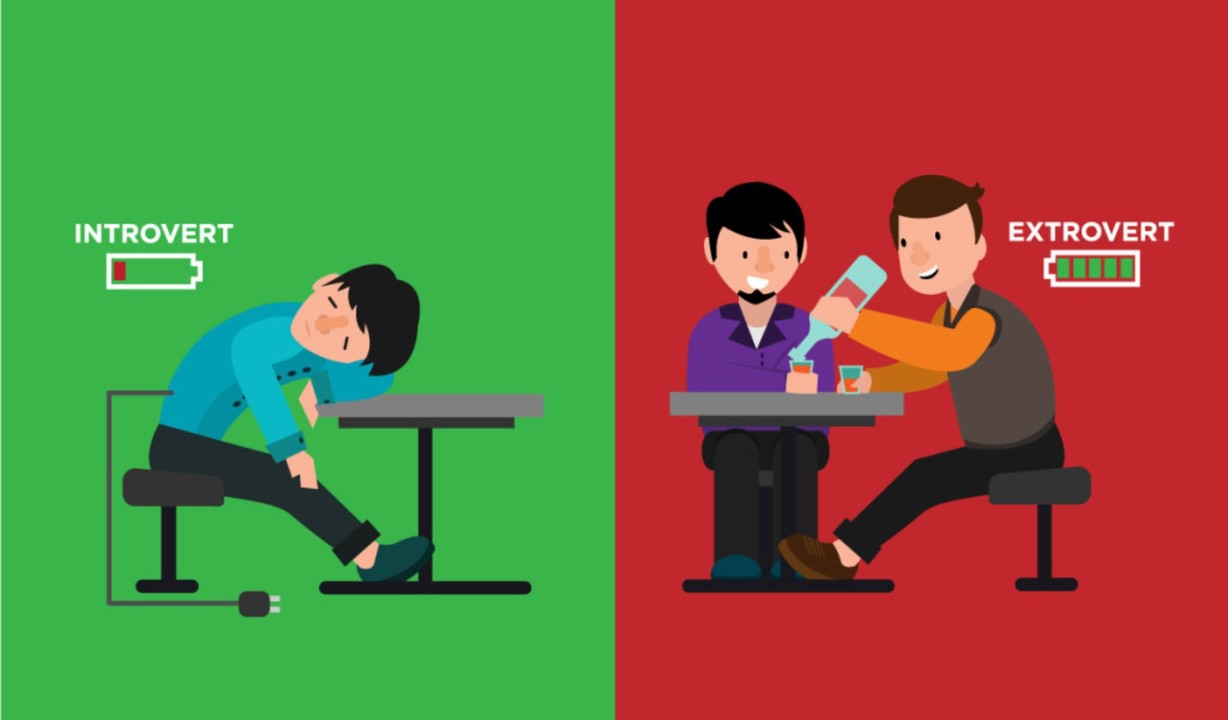
In today’s diverse working environment, both introverts and extroverts in the workplace are valuable strengths. The key to optimizing team dynamics and productivity also depends on their divergent personality types, which is also effective.
Here are the details of how introverts and extroverts can thrive together at work.
Understanding Introverts and Extroverts in the Workplace

Introverts
Those who are introverts like to work less in alone and quiet environments. Such people do deep thinking, for example, analytical skills or creativity. However, introverts also face other issues in the workplace. Such as
- Feel drained when it comes to social interactions
- Introverts are often overlooked in group discussions
- They struggle a lot to accept the open office environment.
Extroverts

Extroverts are the ones who thrive in social settings, they are more collaborative, and yes they are also quite interactive with everyone. Their strengths are quick decision-making, networking, and communication.
However, extroverts may face challenges like:
- Extroverts can sometimes face challenges if they are given prolonged tasks because such tasks require deep focus.
- Extroverts are quite dominating whenever they have a conversation, which often impacts introverts and can lead to them facing the sidelines.
- Extroverts are quite dominating whenever they have a conversation, which often impacts introverts and can lead to them facing the sidelines.
- They have a habit of always being socially active. If such people are given remote work then they start feeling quite lonely and the effect can be seen in their performance also.
A balanced work environment should be created
To create a workplace where both introverts and extroverts can thrive, it’s essential to design a balanced environment catering to both personalities. This can be achieved by:
- Flexible Workspaces: Design a workplace where both extrovert and introvert employees can get their environment whether it is a focused closed cabin or an open area concept of interaction.
- Introduce them to the team collaboration tool which will Enhance communication, support remote and in-office work, and balance introvert and extrovert needs for productivity.
- Plan meetings with the help of tools so that both groups, small and large, can participate in all the team activities which will also boost inclusivity.
- Recognition and Rewards: Recognize and reward both individual and team achievements to motivate all employees.
- If extroverts are put on remote work then they should be backed up by their team fully so that they will not feel lonely and less motivated. Follow these tips to avoid the feeling of isolation being in a remote setup workspace.
- Use this Awaken Your Chakra Healing Crystals Set to help both introverts and extroverts manage stress and stay balanced.


Leveraging Strengths in a Team-Based Project
Harnessing the strengths of both introverts and extroverts can lead to comprehensive and innovative solutions in team projects. Here’s how:
- Role Allocation: Allocate roles based on individual strengths. Introverts may handle research and detailed analysis, while extroverts can lead presentations and client interactions.
- Respect Different Communication Styles: Allow introverts to express ideas in written reports or smaller meetings and provide extroverts with opportunities for verbal brainstorming sessions.
- Feedback Mechanisms: Develop feedback systems that cater to both types. Introverts may prefer written feedback, while extroverts might benefit from face-to-face discussions.
- Mentorship Programs: Create mentorship programs pairing introverts and extroverts to facilitate mutual learning and skill development.
Promoting Mutual Respect and Understanding
Fostering mutual respect and understanding is crucial for a harmonious workplace. This can be done through:
- Training Programs: Conduct training programs on personality types and effective communication strategies.
- Team-Building Activities: Organize team-building activities that cater to both introverts and extroverts, such as problem-solving exercises and social events.
- Open Communication: Encourage an open communication culture where employees feel comfortable sharing their preferences and needs.
- Conflict Resolution: Implement effective conflict resolution strategies that address the concerns of both introverts and extroverts.
Top Jobs for Introverts
- Writer/Author: Ideal for those who excel in solitary and creative tasks.
- Accountant: Requires focused and detailed analytical skills.
- Graphic Designer: Combines creativity with individual work.
- Software Developer: Involves deep focus and problem-solving.
- Librarian: Perfect for those who love solitude and organization.
- Research Scientist: Requires intensive focus and analytical skills.
- Editor: Suitable for detailed and solitary work.
- Photographer: Allows for creative and individual expression.
- Data Analyst: Involves solitary work and detailed analysis.
- Technical Writer: Requires focus on detailed and technical information.
Top Jobs for Extroverts
- Sales Manager: Perfect for those who thrive in social interactions.
- Public Relations Specialist: Involves extensive networking and communication.
- Event Planner: Combines organization with social engagement.
- Marketing Manager: Requires strong communication and networking skills.
- Recruiter: Involves meeting and evaluating people.
- Customer Service Manager: Perfect for those who enjoy helping and interacting with others.
- Real Estate Agent: Involves extensive client interaction and networking.
- Human Resources Specialist: Requires strong interpersonal skills.
- Business Consultant: Combines analysis with client interactions.
- Teacher/Instructor: Involves engaging and communicating with students.
FAQs: Thriving Together in the Workplace
How can managers support both introverts and extroverts in the workplace?
- Managers should create a flexible work environment, recognize individual and team contributions, and provide opportunities for both types to excel.
What are some common problems faced when introverts and extroverts work together?
- Misunderstandings due to different communication styles, balancing preferences for collaborative versus solitary work, and ensuring that all voices are heard in group settings.
How can teams ensure that both introverts and extroverts are heard during meetings?
- Structure meetings to include a mix of verbal discussions and written inputs, and foster a culture of active listening.
What benefits do diverse personality types bring to a team?
- Diverse personality types bring a range of strengths, including creativity, analytical thinking, strong communication skills, and effective networking, leading to more innovative and well-rounded solutions.
Conclusion
Creating an environment where both introverts and extroverts can thrive requires intentional strategies that cater to the strengths and preferences of both personality types. By fostering a balanced work environment, leveraging individual strengths, promoting mutual respect, and addressing common challenges, organizations can enhance team dynamics, boost productivity, and create a more inclusive and harmonious workplace.
Design a workplace where both extrovert and introvert employees can get their environment whether it is a focused closed cabin or an open area concept of inert action.
